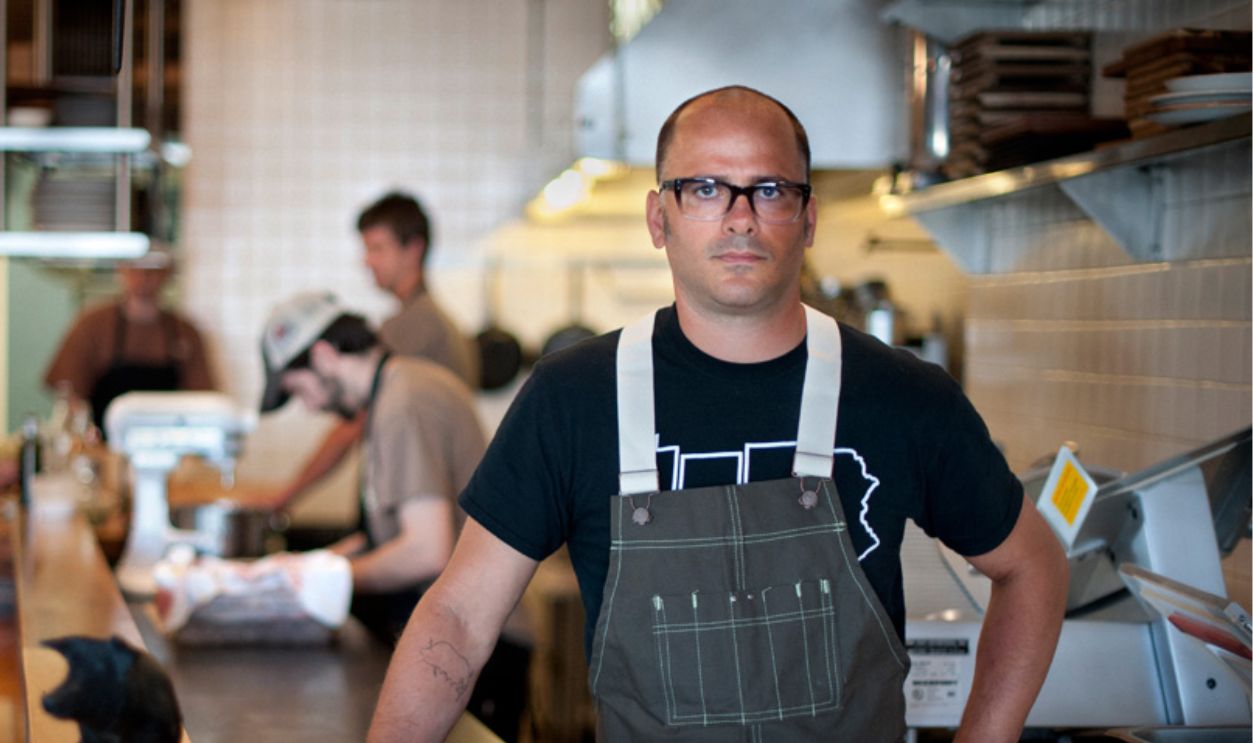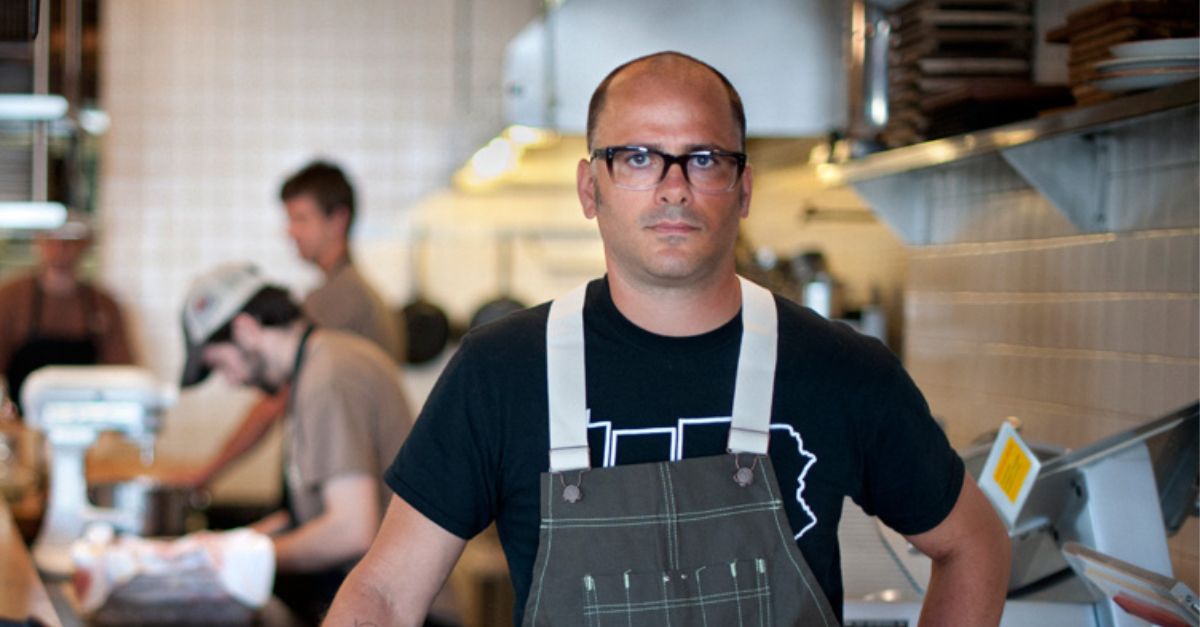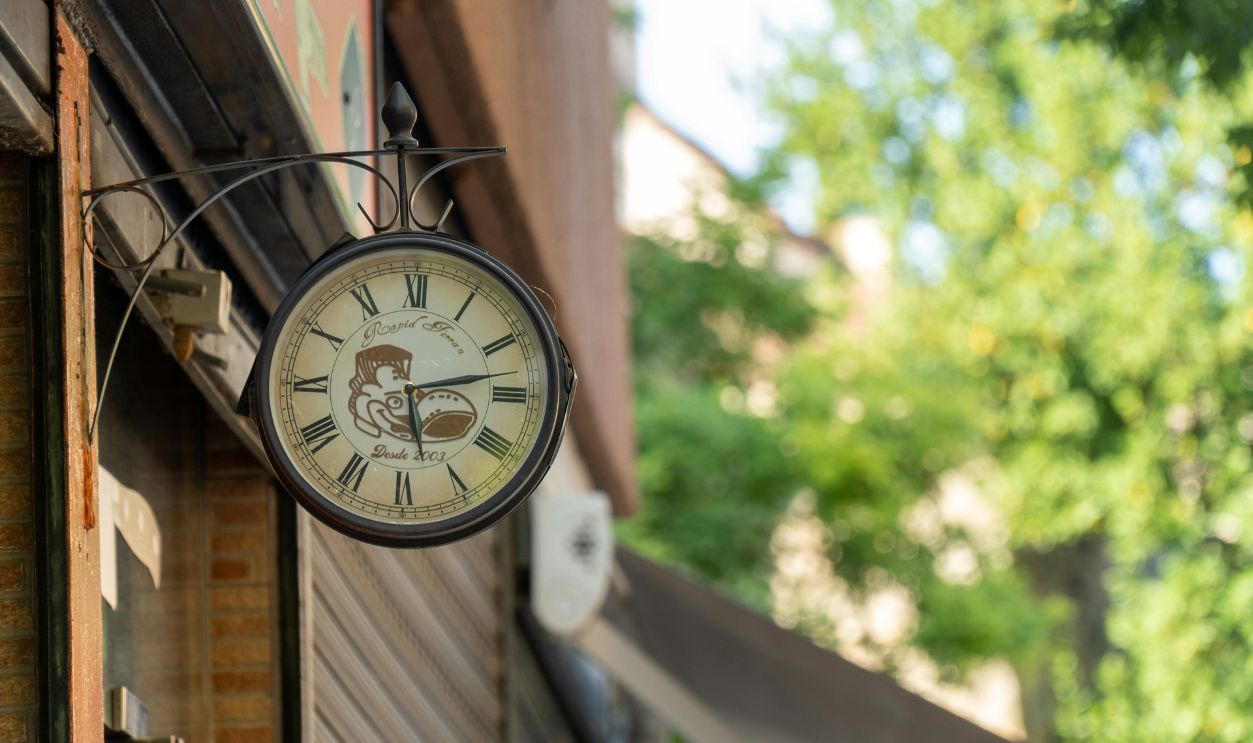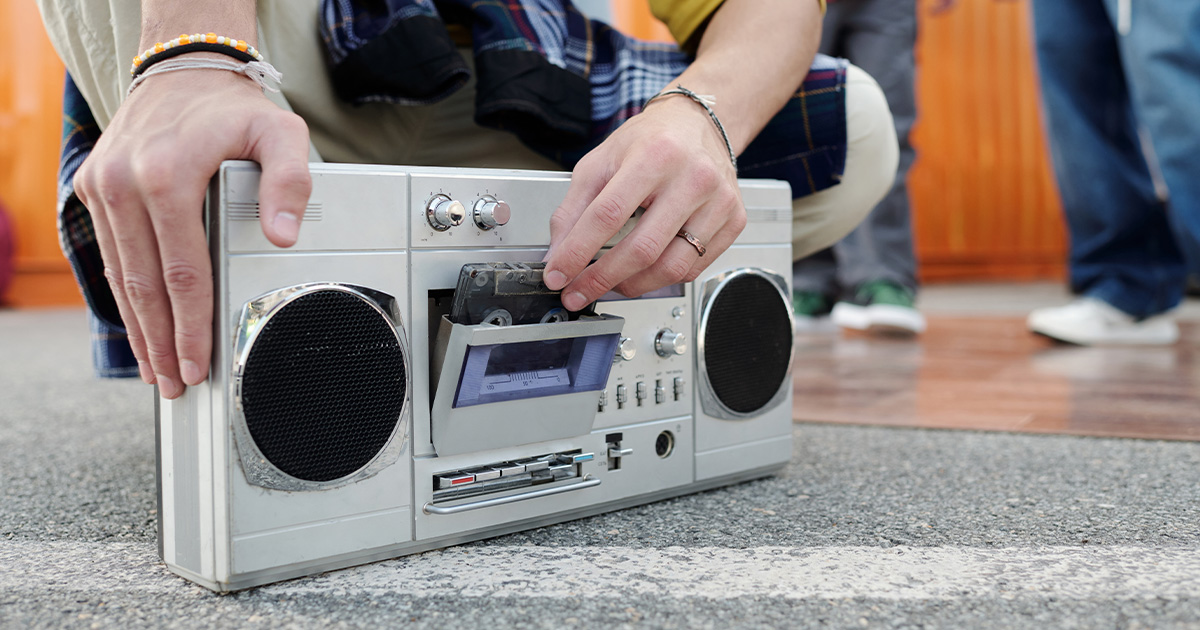Tips Speak Louder Than You Think
Many habits around tipping seem harmless, but leave the wrong impression. What looks like a kind gesture might come across as careless or condescending.

Dropping Loose Change Like It's Generous
Leaving a pile of coins might seem harmless, but to many servers, it feels dismissive. It suggests the gesture was an afterthought, not genuine appreciation. The delivery can quietly convey that the effort wasn’t truly valued, even if the total adds up.
Assuming Takeout Means No Effort Deserves No Tip
Skipping the tip just because there's no table involved is just flawed logic. It may have taken only minutes to grab your food, but speed doesn't mean it took no effort. Behind the counter, someone managed chaos with care. Unseen labor still deserves recognition.
That Tiny Under-Tip Speaks Volumes
When someone deliberately rounds down a tip, it rarely goes unnoticed. A missing fifty cents may seem small, but repeated patterns signal calculation over gratitude. For servers who rely on tips, this quiet shortfall often feels like being subtly told their work didn’t fully deserve thanks.
Tip Anxiety As Performance Pressure
Tipping should not feel like a test. When servers are forced to prove they deserve it, every part of their shift becomes a quiet performance. The pressure adds up quickly, and what should be a simple appreciation becomes another source of stress.
Only Rewarding Smiles, Not Service
A quiet, efficient server might bring your order flawlessly, but the tip shrinks if they don't smile enough. Tying generosity to cheerfulness favors performance over professionalism. It quietly punishes staff for not masking fatigue or personal struggles with forced warmth.
When "Tips" Aren't Money At All
Servers have opened checkbooks to find folded religious pamphlets or even handwritten advice about attitude. These substitutes don't pay bills. They often sting more than being tipped nothing at all because they imply compensation can be spiritual or symbolic instead of real.
Nice Words Aren't Legal Tender
"You did amazing!" sounds great—until the line underneath says zero. To the person serving, kind words lose weight when they're not supported by fair compensation. The compliment might be sincere, but gratitude that skips the wallet rings hollow.
Hanging A Tip On A Conditional Hook
It begins with a seemingly casual comment: "You'll get a big tip if this is fast". But underneath, the message is control. Gratitude becomes conditional. For the staff, these exchanges aren't motivational. They quietly shift the power dynamic and diminish the spirit of fair tipping.
Punishing Servers For The Kitchen's Mistake
A cold plate or delayed dish often triggers frustration, but the blame rarely lands where it belongs. The server may have acted fast to correct it, yet the tip still disappears. In the end, it's the floor staff who absorb the cost of someone else's error.
Tipping As A Tool To Fix The Mood
Some customers complain and create tension throughout the meal, then try to smooth it over with a generous tip. While the money may be appreciated, for some people, it rarely cancels out the stress caused earlier. The gesture feels more like a cover than a proper acknowledgment.
Assuming Chains Pay Better
The logo on the wall doesn't raise the wage. Servers at national chains often make the same tipped minimum as those at smaller spots. When diners assume corporate backing equals better pay, they justify tipping less, and it's the worker who quietly takes the hit.
Group Settings Where Tips Magically Disappear
Four friends share a meal and split the bill without trouble. But the tip? That's where things break down. No one takes full ownership, and a few missing dollars go unnoticed. For the server, the gap is clear—another shift ends with effort unrewarded through no genuine fault.
Skipping The Jar At Quick-Service Counters
You order a drink or a sandwich and move along without thinking twice. There's no table, no server, just a counter. But behind it, someone juggles orders, keeps the line moving, and still remembers your name. That tip jar reflects quiet, everyday effort.
Unclear Pillow Tips For Housekeeping
Hotel guests sometimes leave cash on a dresser in the hopes that it will be taken as a thank-you. But without a note, it may be ignored. Clear intention matters. A small envelope or even a handwritten message ensures that the tip is understood and accepted with dignity.
Flipping A Coin To The Valet
Rain falls as the valet arrives with your car, soaked but professional. You hand over two quarters. The message is clear as it suggests the effort didn't deserve more. While the moment passes quickly, the impression it leaves behind lingers far longer.
Using Foreign Tipping Norms At Home
Tipping customs vary worldwide, but tips make up most of a server's income in the US. Many earn just $2.13 per hour before tips. Leaving 10% may seem generous, but it often falls short here and directly impacts how much a worker takes home.
Saying "I Don't Believe In Tipping"
Personal philosophies don't pay the rent. In the US, tipping plays a central role as it's built into the wage model. Withholding tips on principle doesn't challenge the system. It leaves workers short and sends the message that effort doesn't deserve compensation unless it aligns with a belief.
Only Tipping People Who Flirt Back
A compliment shouldn't require a wink in return. Tipping based on charm, not service, forces workers to manage expectations beyond their job. When income hinges on friendliness, the line between professionalism and performance blurs, and not everyone feels safe walking it.
Leaving A Tip But Trashing The Space
There's a difference between tipping well and behaving well. Leaving crumpled napkins or torn packaging behind suggests the money covers it all. But a generous tip isn't a cleanup fee. Respect means caring for the space and the person maintaining it.
Tipping As A Stage Performance
A customer raises a bill high to ensure everyone hears the remark before handing the tip with dramatic flair. The action shifts focus away from the service and toward the giver. It turns a simple gesture of appreciation into a self-serving display.
 ANTONI SHKRABA production, Pexels
ANTONI SHKRABA production, Pexels
When Time Becomes The Only Metric
If you tend to penalize service staff when the kitchen runs behind, you're not alone, but it's misplaced. Servers offer updates and stay attentive, yet their tips often shrink before the food arrives. Delays happen, but the wrong person shouldn't take the hit.
When A Tip Feels Too Big To Be Comfortable
Tipping above the norm can feel like a kind gesture, especially after good service. But when the tip far exceeds the bill, it can cause confusion or concern. Servers may wonder if it was intentional or worry about needing to return the excess.
 Photo By: Kaboompics.com, Pexels
Photo By: Kaboompics.com, Pexels
Personal Comments Attached To A Tip
Compliments that come with conditions rarely land well. "Nice service, but tone down the earrings" turns praise into judgment. These notes, often scribbled on receipts, feel more personal than professional. A tip should never double as a critique of someone's appearance.
Tipping Based On The Pre-Tax Total
It might feel acceptable to tip from the subtotal instead of the full total, but it reduces what your server earns. That small gap between pre-tax and post-tax adds up fast. Even if unintentional, appreciation ends where the bill does, not where the effort ends.
 Photo By: Kaboompics.com, Pexels
Photo By: Kaboompics.com, Pexels
Leaving The Tip Line Blank Sends A Message
The food and service were fine, but you left the tip line blank and possibly planned to leave cash. It's often unintentional, but staff still notice. An empty line raises questions and leaves the impression that something went wrong, even if nothing did.





























